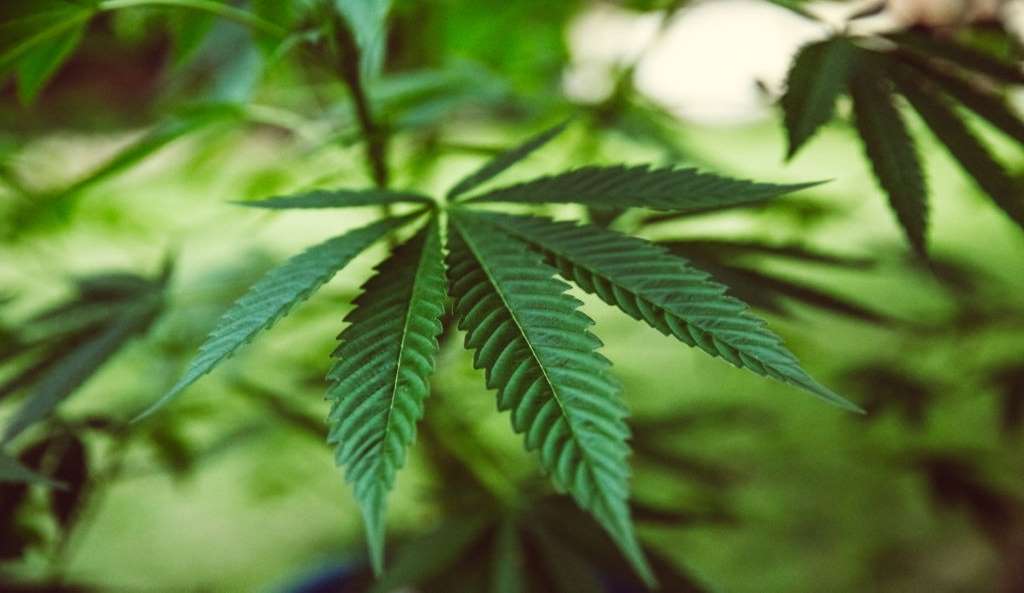CBD has become a well-praised cannabinoid of the Cannabis Sativa. You might be familiar with primary and most popular cannabinoids, such as delta-9 THC and CBD. However, another cannabinoid getting buzz is cannabinol or CBN. Well, don’t blame yourself if you are unaware of it. CBD VS CBN will provide you all the information, including similarities and differences.
Cannabis plants contain more than 113 natural cannabinoids with unique properties. Cannabinoids are chemical compounds that have the potential to interact with our body receptors – the endocannabinoid system.
Almost all cannabis users are familiar with CBD products due to their potential health benefits. CBD promises to relieve various health ailments, including anxiety, stress, pain, and more.
However, there has been little research on the potential health benefits of the new cannabinoid – CBN. Well, not worry! Some research studies indicate its uniqueness and health benefits.
Let us delve into the potential benefits, differences, and similarities of CBD & CBN!
What Is CBD?
Cannabidiol, abbreviated as CBD, is the most popular non-psychoactive cannabinoid. It does not cause euphoria and paranoia among users. The non-psychedelic nature of CBD makes it an appealing option for those who want to avoid THC.
Strict regulations around cannabis have limited the research, but with its legalization, more & more products emerge. All the reputable brands are integrating CBD into their products.
Learn more about the potential health benefits of CBD here.
What Is CBN?
Cannabinol or CBN another derivative of the cannabis plant. It is similar to CBD, but its origin is different. Manufacturers heat the THC molecules, which break down and leave CBN behind.
It is mildly psychoactive but does not cause a high associated with THC. Because of this, no cannabis strain contains a high level of CBN itself.
CBD VS CBN:
Cannabis Sativa contains more than a hundred cannabinoids; each has its structure and effects. CBD is the second most popular and abundant cannabinoid, as some manufacturers breed CBD-rich plants.
However, CBN is a result of different processes in the plant. There is no way to produce high CBN strains, as it depends on the THC level in the flowers and exposure to light and heat.
Both these cannabinoids share similarities in uses and interaction with the endocannabinoid system. Also, they cannot produce a high associated with cannabis. Although they interact endocannabinoid system, they work differently. CBN borrows some properties of THC and binds with CB1 receptors in the brain but in a relatively lower strength than THC. However, CBD does not bind with receptors in the brain.
Effect of CBD:
CBD has various potential health benefits. Some anecdotal evidence and research studies indicate that CBD has anti-inflammatory and immunomodulatory properties.
Additionally, FDA has regulated Epidiolex (refined type of CBD) for epileptic patients. Some other potential health and wellness benefits of CBD include:
- Anti-inflammatory
- Anticonvulsant
- Anti-anxiety
- Neuroprotective
- Immunosuppression
- Antioxidant
- Antipsychotropic
All these properties make CBD an effective cannabinoid for a range of health ailments. Moreover, CBD can block the intoxicating effects of THC to prevent several side effects.
Effects of CBN:
CBN also has some potential health benefits. Like THC, CBN acts on CB1 receptors in a much milder way than THC.
Some evidence suggests that CBN has the following properties:
- Anticonvulsant
- Anti-inflammatory
- Antibiotic
Well, more research and evidence are crucial to bolstering these findings.
Similarities and Combination Effects:
Both compounds have the following use together in combination.
Anxiety & Sleep:
The Permanente Journal studies the effects of CBD in people with anxiety and sleep disorders. The research reports that 79% of people have reduced anxiety by using CBD compounds. Moreover, about 67% of people show better sleep scores.
Pain Relief:
Archives of Oral Biology found that the analgesic effects of CBD and CBN can reduce chronic pain, such as fibromyalgia. Furthermore, combining CBD and CBN enhance the therapeutic effects of each other. However, the author indicates that it does not produce potent therapeutic effects like THC.
CBD VS CBN – The Primary Difference:
| Use | CBD | CBN |
| Anxiety & depression | ✓ | |
| Sleep | ✓ | ✓ |
| Seizures | ✓ (FDA approved for two rare forms of epilepsy, and TSC) | |
| Pain relief | ✓ | ✓ |
| Neuroprotection | ✓ | ✓ |
| Anti-inflammation | ✓ | ✓ |
SALE: Buy Premium CBD Gummies!
Each delicious gummy is infused with high-quality CBD to help alleviate pain, reduce stress, and enhance your mental well-being. Perfect for those seeking a natural way to unwind and support overall health.
Buy NowCBD VS CBN – Potential Side Effects:
Cannabidiol or CBD is well-tolerated and safe chemical compound to incorporate as a daily health regime. Well, some users may experience the following side effects:
- Diarrhea
- Tiredness
- Weightloss
- Appetite change
When it comes to CBN, there are limited evidence and research studies. Therefore, there are no known side effects of CBN.
The Bottom Line:
CBD and CBN are cannabinoids of the cannabis plant with potential health benefits. Both cannabinoids share some similarities and differences due to their unique effects. More research is necessary to identify the strength and effectiveness of each cannabinoid.
If you consider adding CBN or CBD into your wellness regime, be sure to talk to your doctor. The healthcare professional will navigate the health benefits, adverse effects, and possible interactions with other medications.

